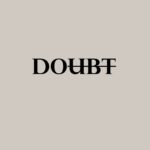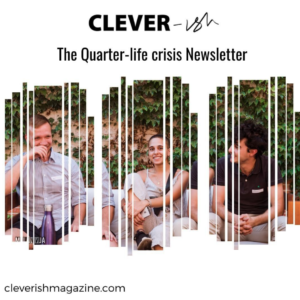Hi friend,
Are you sad, upset, disappointed, or feeling hopeless? Welcome to the club. Have a seat and grab a tissue + wine.
I’ve been thinking a lot about the power of controlling your perspective during hard times. What do you do when you feel beat down by life? Or when you fail? Or when you get a huge disappointment? Well, I hope you get back up—eventually. And until you’re back on your feet I would hope that you take time to self-reflect on your situation, gain valuable perspective, and use it as an opportunity to grow and improve. Instead of simply accepting failure, ask yourself: what can I do to prevent this from happening again? What can I learn from this experience? What am I missing? Self-reflection is a simple but very useful tool for self-motivation and growth.
Can you remove yourself from your situation for a minute and have a birds-eye view of where you are right now in life? If you can do this, then you can critically analyze your mistakes and recognize your value and strengths. So the next time you try, you try better.
Listen up! I’m not trying to shove toxic positivity down your throat. It’s ok to be sad, to mourn a disappointment, to be in your feelings. So if you’re sad, please be sad for however long you need to be. There’s a common saying that happiness is a choice. This is true in some sense but, I think it’s more complicated than that. It’s unfair and quite vapid to throw that at everyone. Not everyone can choose happiness all the time, and not everyone can access it with ease. Sadness is a part of life. What matters is how you navigate your situation to come out the other end. Despondency can be a tool to build a character of perseverance and longsuffering. You can use your melancholic state as a tool to practice self-reflection and to …
work on your perspective.
Your perspective is your point of view. It’s the attitude you chose to have on any situation, topic, or predicament. You’ve heard the “glass half full or half empty” idiom. It’s an oldie but goodie. Humans are intelligent beings, and this means we can have more than one perspective on the same topic. We can process information in several ways and can draw more than one meaning from a situation. Does losing your job mean you are a loser worth nothing or, is it just a temporary hiccup in your journey to better things? You choose. (Hint: it’s the latter)
John Dewey, a 1910 philosopher, and psychologist said:
“Reflective thinking is always more or less troublesome because it involves overcoming the inertia that inclines one to accept suggestions at their face value; it involves a willingness to endure a condition of mental unrest and disturbance.”
He’s saying reflective thinking that helps you view your unfortunate situation with objectivity can be hard. It’s easier to accept your feelings of inadequacy and doubt or misfortune. It takes work to believe in yourself. Get to work.
A malleable perspective gives your power over your emotions, your reactions, and your outlook. There is no one way of seeing the world or your situation or your disappointment. The sooner you realize it, the more control you have, and ultimately the happier you are. Take a moment to note how your perspective on different situations affects how you see and interact with your world. Marcus Aurelius said: “You have power over your mind, not outside events. Realize this, and you will find strength.”
Another quote from John Dewey is “we do not learn from experience, we learn from reflecting on experience. The same can be said about our failures. We can learn from reflecting on our failures and hardships.
When you adopt this approach, bad situations and unhappiness become less of this big scary thing that overwhelms you but rather a small and brief part of your journey.
Hardships aren’t made to last. You are.









